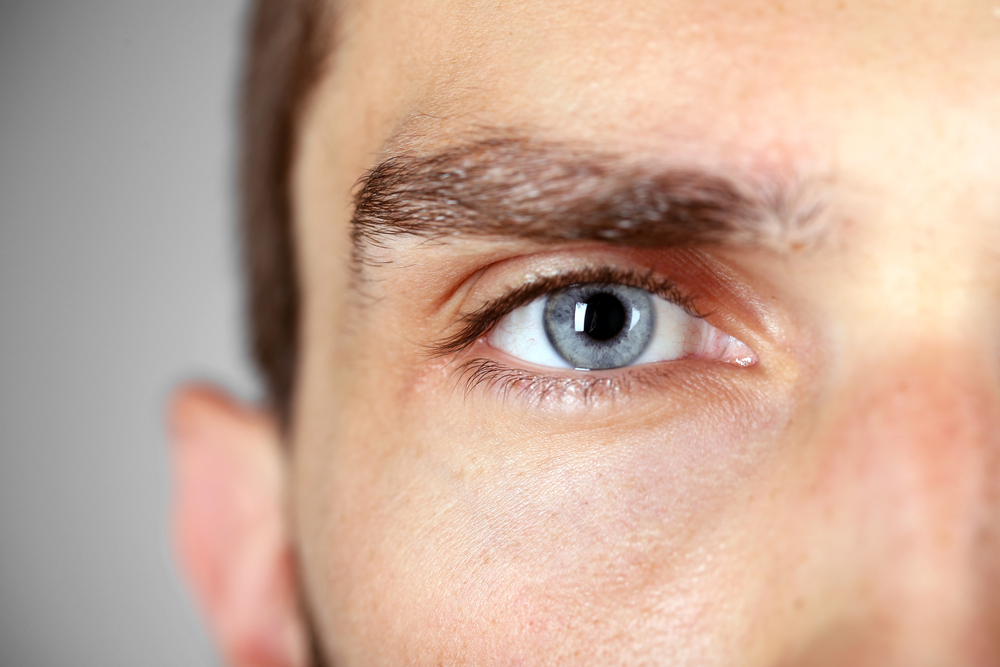How Can Diabetes Affect Eye Health?

If you have diabetes, you have a high risk of getting eye problems that can sometimes lead to blindness. Although the eyes are never the first thing that comes to mind when you hear about diabetes, your vision can become damaged by the disease.
Below are ways in which diabetes can affect your eye health.
Diabetic Retinopathy
The retina is the cells found at the back of your eye that take in light. They turn the light they receive into images for the optic nerve to send to your brain. When the small blood vessels in your retina become damaged, you develop diabetic retinopathy. High blood sugar increases your chances of getting the condition.
It is rare to develop diabetic retinopathy before puberty if you have type 1 diabetes. It is also rare to see in adults with type 1 diabetes unless they have had it for five years. You can reduce your risk of getting the condition if you maintain your blood sugar levels by using daily insulin injections or pumps.
People with type 2 diabetes usually have eye problem signs when diagnosed. You can prevent or slow the condition by controlling cholesterol, blood pressure, and blood sugar. It is essential to quit smoking if you smoke to improve your health.
Glaucoma
People with diabetes have a higher risk of getting glaucoma. Pressure can build up in their eyes as fluid will not drain properly. As a result, the optic nerve becomes damaged, and you begin experiencing vision changes.
Diabetes can lead to a rare glaucoma type called neovascular glaucoma. The condition grows new blood vessels on the colored part of your eye called the iris. As a result, they raise eye pressure by blocking the normal fluid flow in the eye.
The primary way to treat neovascular glaucoma is by reversing the making of the blood vessels. Your doctor can do this by using a laser or an anti-VEGF injection. They will also use various measures to lower the pressure in the eye immediately.
Cataracts
Cataracts develop when your eye lens has a clouding that prevents light from entering as it should. Anyone can develop cataracts, but people who have diabetes tend to have them earlier, and they are prone to worsen faster.
Your eye cannot focus well when it has a cataract. You may not see things well.
Below are the signs and symptoms you may have:
- Dim, clouded, or blurred vision.
- Difficulty seeing at night.
- Sensitivity to glare and light
- Need for more light to perform activities or read.
- Yellowing or fading of colors.
- Double vision in one eye.
- Frequent change in prescription lenses.
At first, you may not be aware you are losing your vision, as the cataract may begin by affecting a small portion of your lens. However, its growth starts distorting the light entering your eye. You then have noticeable signs and symptoms. You may need cataract surgery to remove the cloudy lens and replace it with an artificial clear one.
Blurry Vision
High blood sugar can make your vision blurry. It can cause your eye lens to swell, thus affecting your ability to see clearly. Your doctor will advise you on ways to lower your blood sugar once they establish the problem.
For more about diabetes and eye health, call Quality Eye Care at (904) 601-1300 to reach our office in Jacksonville or Gainesville, Florida.







